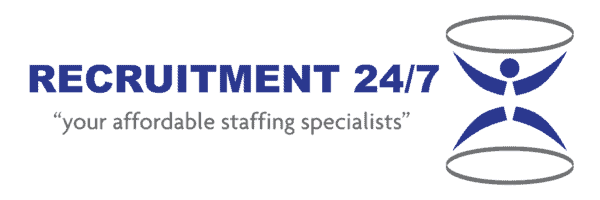Nailing your job interview is crucial for career success. While you’re never going to be able to guess exactly which questions you will be asked at a job interview, it helps to be prepared. Follow our tips for interview success.
Tell me about yourself
The interviewer doesn’t want to know what you did on the weekend unless it is relevant to the job you are applying for. They already have a copy of your resume so you don’t need to give a detailed overview. Give a summary of your key qualities, skills, experience and goals. Ensure your answer is aligned with the job description and advertisement to demonstrate how you can add value to the company and role at hand.
What are your strengths?
Anyone can say they are hard working. You need to give examples to back yourself up. Example of a good answer: “I’m a great project manager. In my last job as a chef, I implemented a new food ordering system for the kitchen. As a result, the kitchen no longer ran out of food before the end of a shift. This resulted in a 30% increase in food and beverage sales each week.”
What are your weaknesses?
The ability to identify a weakness is a strength. The interviewer wants to know what you have done or plan to do to fix any weakness. Don’t say you don’t have any weaknesses as it will sound like you lack self-awareness. Example of a good answer: “I have limited experience using Excel but I am doing a course online to upskill.”
Why do you want to work here?
This interview question helps the interviewer find out if you’re genuinely interested in the position or you’re just after the paycheck. Do some research on the company. See if any news articles have been written about them and whether the company has won awards. Talk about the products or services they provide and why you like them. Does the company align with your values? If so, explain how.
Why should we hire you?
This is where your research on the company comes in. If the company is expanding and will be hiring new staff, explain how you have experience training new staff. Don’t just say you will be an asset to the team. Explain how you will be an asset to the company.
Why are you leaving your current job?
Never say anything negative about your current or past employer, regardless of how strongly your feelings for leaving are. Instead, outline the positive aspects of a career change. You can mention opportunities for new challenges and professional development. If you are moving from a small firm to a larger one, you can mention the benefits of this. One of the greatest advantages of working at a large company is the availability of formal training programs.
Recruitment 24/7 is committed to providing specialised and high-quality recruitment agency services. Give Recruitment 24/7 a call on (07) 3281 2489 or register here.
Reference
